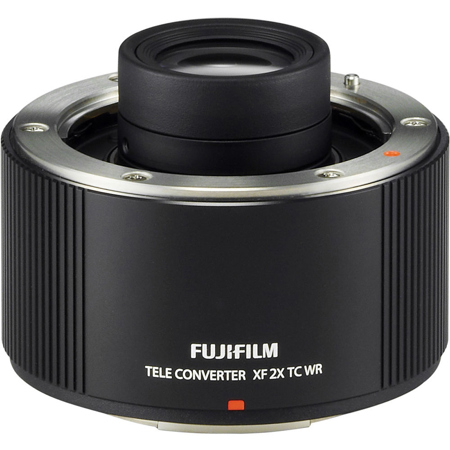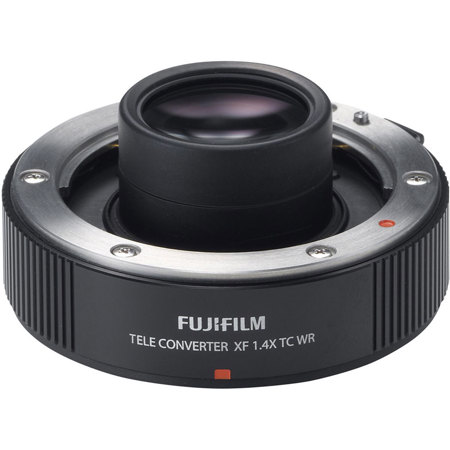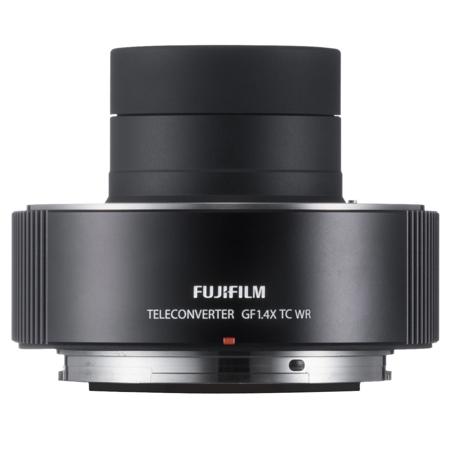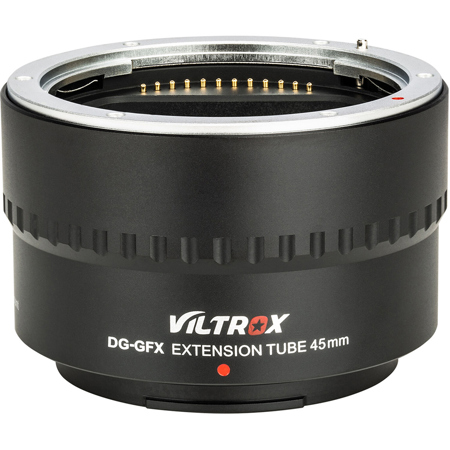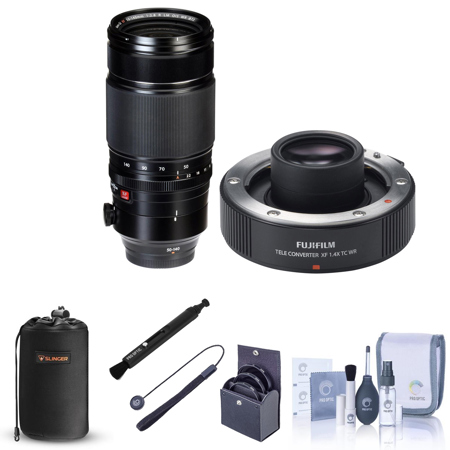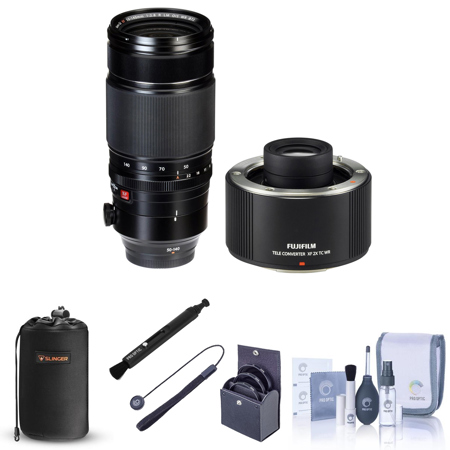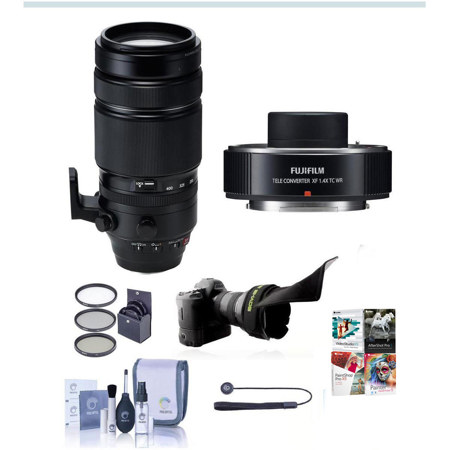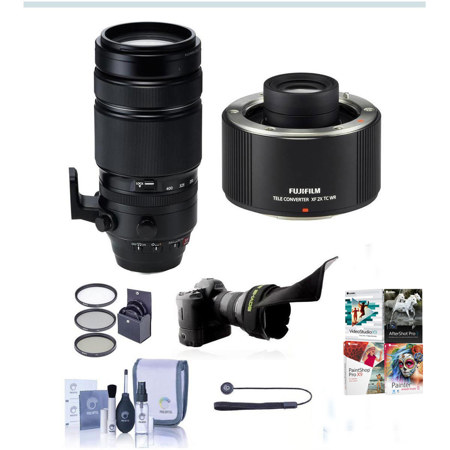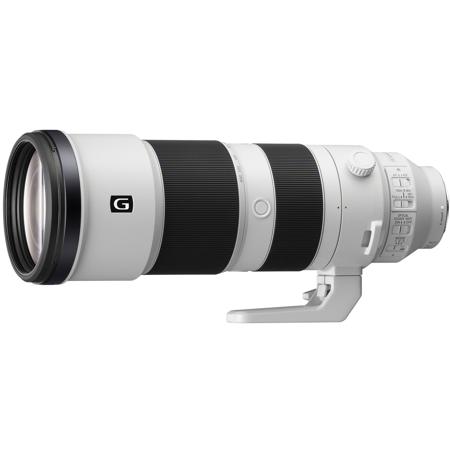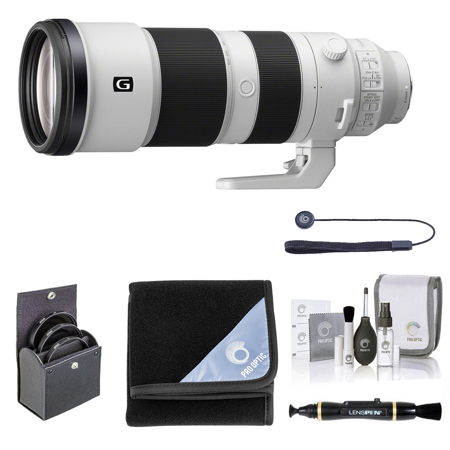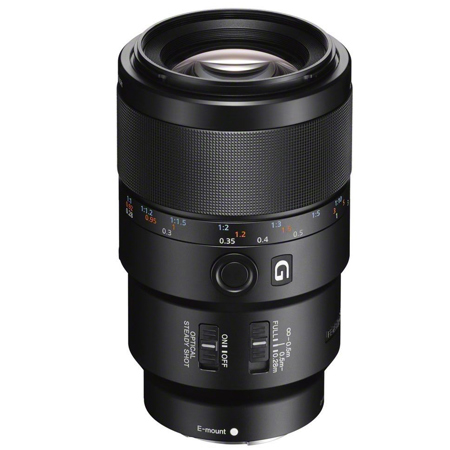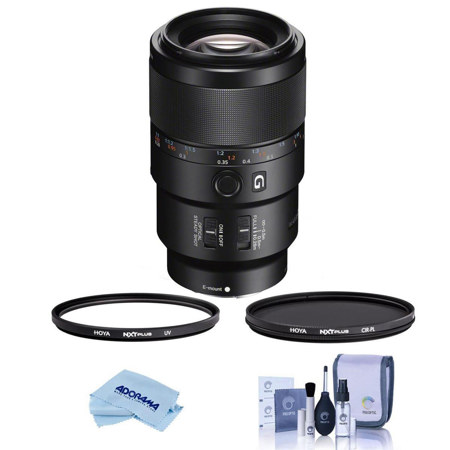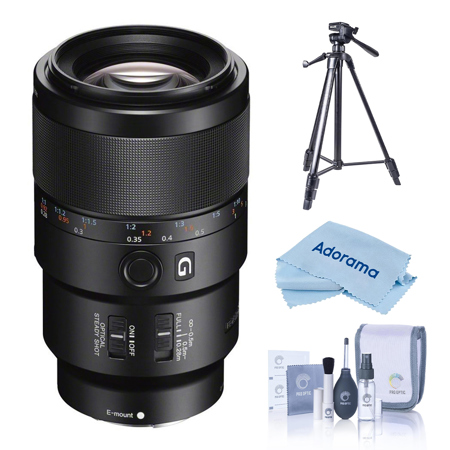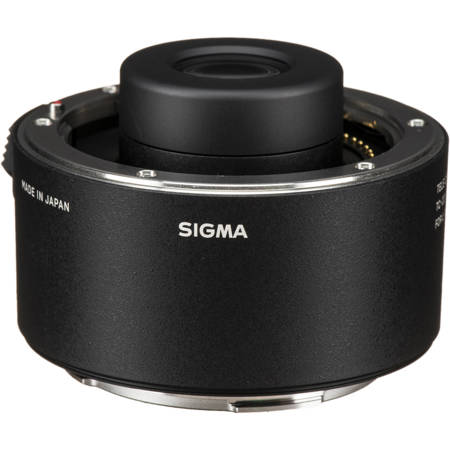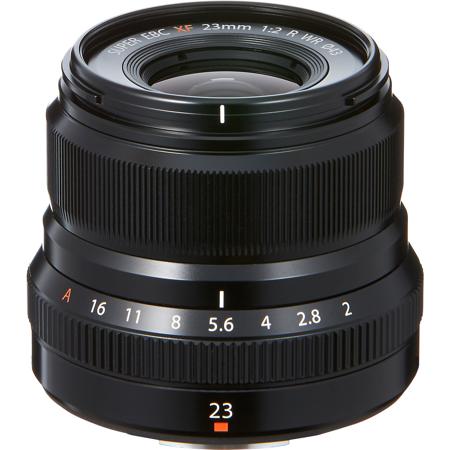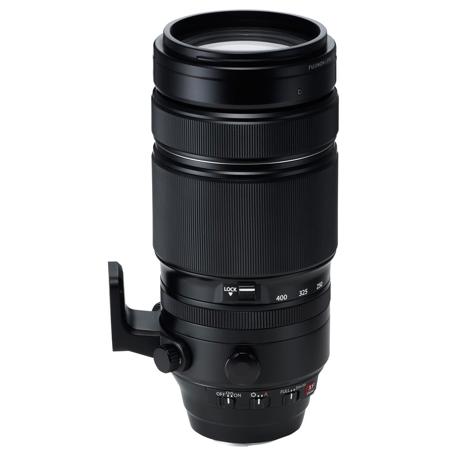Fujifilm Lens Extenders For Wildlife Photography
For wildlife photographers, lens extenders—also known as teleconverters—open up a world of creative possibilities, especially when photographing elusive or distant animals in their natural habitats. These compact optical accessories fit snugly between a compatible camera body and lens, multiplying the focal length and effectively bringing far-off subjects closer without physically intruding on their environment. This is essential for capturing candid moments of wildlife, from the delicate flutter of a songbird’s wings in a forest clearing to the intense gaze of a fox at dusk. As autumn settles in and the landscape transforms with vibrant colors, many photographers find themselves drawn outdoors, eager to document migratory birds, rutting deer, or the subtle changes in animal behavior that accompany the cooler months. Lens extenders are particularly valuable during this season, when animals may be more active and light conditions can change rapidly—from golden sunrise glows to misty, overcast afternoons. For those who already own high-quality telephoto lenses, a lens extender offers a practical way to double the reach without the need for a second, heavier lens in the field.
When considering a lens extender for wildlife photography, it’s important to balance the extended reach with the trade-offs that come with it. While a 1.4x or 2x extender can bring distant subjects dramatically closer, it also reduces the maximum aperture of your lens by one or two stops, respectively. This means less light reaches the sensor, which can be a challenge in the dim light of early morning or late evening—prime times for wildlife activity. Many photographers address this by raising their ISO or slowing their shutter speed, always mindful of maintaining sharpness and minimizing motion blur. Modern extenders are designed to retain full autofocus functionality with compatible lenses, though there may be a slight reduction in autofocus speed and a subtle impact on overall image sharpness. Weather-sealed and built to match the durability of professional camera gear, these extenders are well-suited to the unpredictable conditions often encountered in the wild, whether you’re hiking through dew-soaked grass or waiting patiently in a rain-slicked hide. For those considering a thoughtful gift for a nature enthusiast or a budding wildlife photographer, a lens extender is a versatile addition to their kit—one that encourages exploration and rewards patience with frame-filling shots of animals that would otherwise remain out of reach.
Wildlife photographers, both seasoned professionals and passionate hobbyists, rely on lens extenders to adapt to the challenges of photographing shy or easily startled creatures. The ability to increase focal length without sacrificing portability is a game-changer, especially when every ounce of gear counts during long treks or when setting up quickly for fleeting wildlife encounters. Whether you’re tracking herds across open plains, waiting for a rare bird to emerge from dense foliage, or simply hoping to capture the quiet beauty of animals preparing for winter, a quality lens extender can make all the difference. It’s a tool that not only enhances your reach but also deepens your connection to the natural world, allowing you to document wildlife behavior with minimal disturbance. If you’re interested in exploring similar options for other camera systems, you may also want to visit our page on Leica Lens Extenders For Wildlife Photography. Equipping yourself with the right lens extender ensures you’re always ready to capture those fleeting, magical moments that define wildlife photography.
When considering a lens extender for wildlife photography, it’s important to balance the extended reach with the trade-offs that come with it. While a 1.4x or 2x extender can bring distant subjects dramatically closer, it also reduces the maximum aperture of your lens by one or two stops, respectively. This means less light reaches the sensor, which can be a challenge in the dim light of early morning or late evening—prime times for wildlife activity. Many photographers address this by raising their ISO or slowing their shutter speed, always mindful of maintaining sharpness and minimizing motion blur. Modern extenders are designed to retain full autofocus functionality with compatible lenses, though there may be a slight reduction in autofocus speed and a subtle impact on overall image sharpness. Weather-sealed and built to match the durability of professional camera gear, these extenders are well-suited to the unpredictable conditions often encountered in the wild, whether you’re hiking through dew-soaked grass or waiting patiently in a rain-slicked hide. For those considering a thoughtful gift for a nature enthusiast or a budding wildlife photographer, a lens extender is a versatile addition to their kit—one that encourages exploration and rewards patience with frame-filling shots of animals that would otherwise remain out of reach.
Wildlife photographers, both seasoned professionals and passionate hobbyists, rely on lens extenders to adapt to the challenges of photographing shy or easily startled creatures. The ability to increase focal length without sacrificing portability is a game-changer, especially when every ounce of gear counts during long treks or when setting up quickly for fleeting wildlife encounters. Whether you’re tracking herds across open plains, waiting for a rare bird to emerge from dense foliage, or simply hoping to capture the quiet beauty of animals preparing for winter, a quality lens extender can make all the difference. It’s a tool that not only enhances your reach but also deepens your connection to the natural world, allowing you to document wildlife behavior with minimal disturbance. If you’re interested in exploring similar options for other camera systems, you may also want to visit our page on Leica Lens Extenders For Wildlife Photography. Equipping yourself with the right lens extender ensures you’re always ready to capture those fleeting, magical moments that define wildlife photography.
